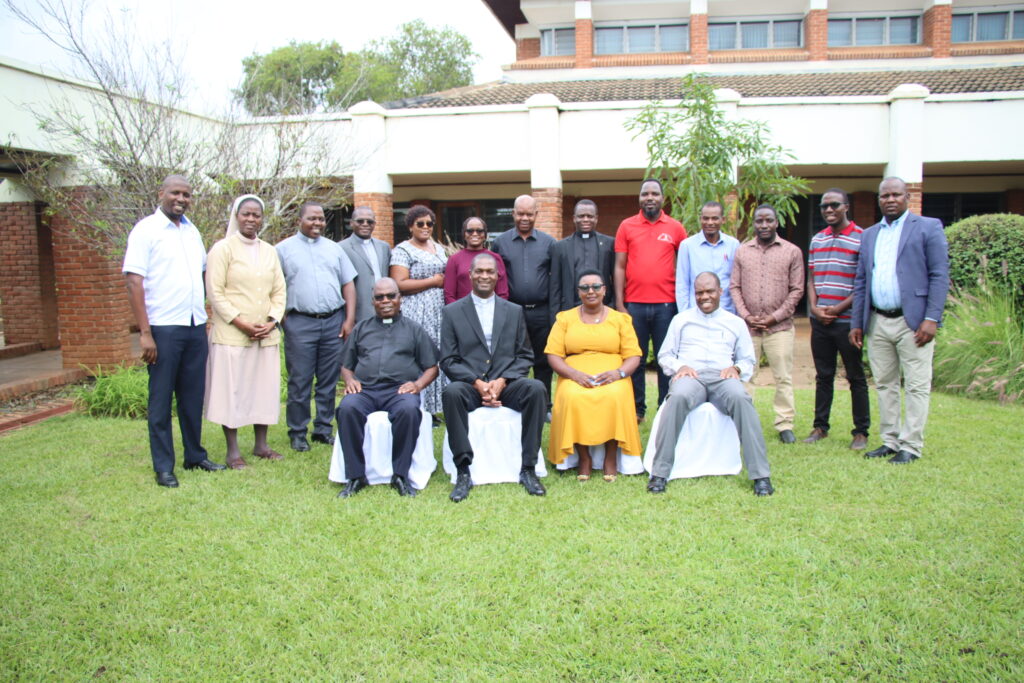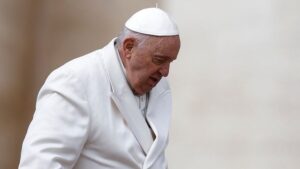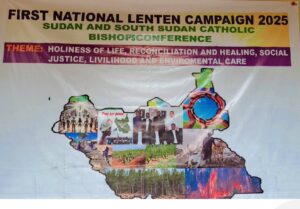MALAWI: 60-Year Communications Path Under Checks

Sam Kalimba
The Episcopal Conference of Malawi’s (ECM) communications experts banged heads in the week from 21 to 24 March in an effort to diagnose real issues that failed over the past 60 years since the Vatican II decree to consider the new media being part of evangelization was made.
The meeting was convened by the Communications Department of the Association of Member Episcopal Conferences of Eastern Africa (AMECEA).
Fr. Andrew Kaufa who is the AMECEA Communications Coordinator gave a historical background of the communications directorate in the global Church. He was quick to mention that the birth of communications is traced back to 1963 during the Vatican Council II, after which a meeting was organized by AMECEA in Kitwe, Zambia, in 1973 where the lead theologian to guide the participants on the implementation of the decree in the region was late Bishop Patrick Kalilombe who was a Malawian and the Ordinary of the then Lilongwe Diocese.
“Late Bishop Kalilombe of Lilongwe understood well the context he was operating and presented an issue of communication being integral in responding to the call Jesus made his disciples to go out to the ends of the world to preach to all nations. He made it clear that the use of the new media would make it easier for the Church to execute its principal mandate of evangelization. He did not envision the coming of the newest technologies like WhatsApp, Twitter and Facebook but at least he was well informed about the radio, television and print media. Now 60 years have gone and it’s well that we take this journey of reflecting our corresponding efforts here in Malawi where this fallen shepherded who was entrusted with the noble task of guiding the Vatican Council II originated his thesis,” said Fr. Kaufa.
Fr. Kaufa also said that the stakeholder engagement for situation assessment and capacity building of national communications department of the ECM was important to the Conference to have clear means of communications that are sustainable. He said that communication is the DNA of the Church and that it should be well protected for a better resilience amidst all the negatives associated with some media houses and practitioners.
On the opening day, Fr. Francis Damaseke who is the ECM’s Communications Coordinator argued that the work of communications in the Church in Malawi seems to be left unattended by the very Church that needs it most.
“Most times we feel neglected and this emerges to be one greatest barrier to communication itself. We are lucky we have experts here who should help us find lasting solutions. Main issues centre around funding of our department that drive the operations of the department. We are not able, for example, to retain a work force that is key in turning around the abilities of the department that would trickle down to the diocesan departments,” he assessed.
The Diocesan Communications Coordinators went through a rigorous exercise of self-assessment in a build up to map the way for the smooth running of the national office of communications. The meeting’s resolutions are expected to be shared with the ECM for consideration.
The stakeholder engagement was held with financial support from the USCCB.
END.


